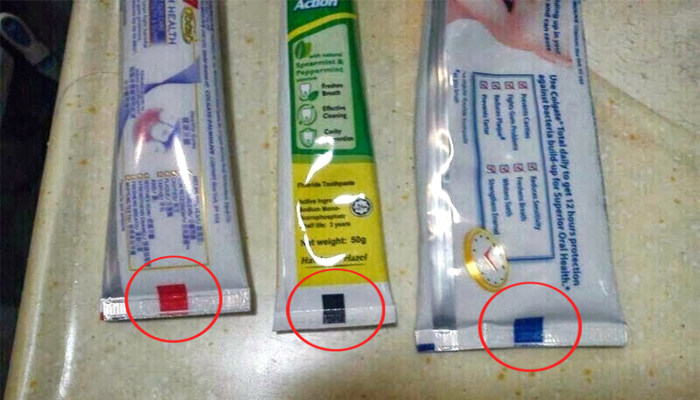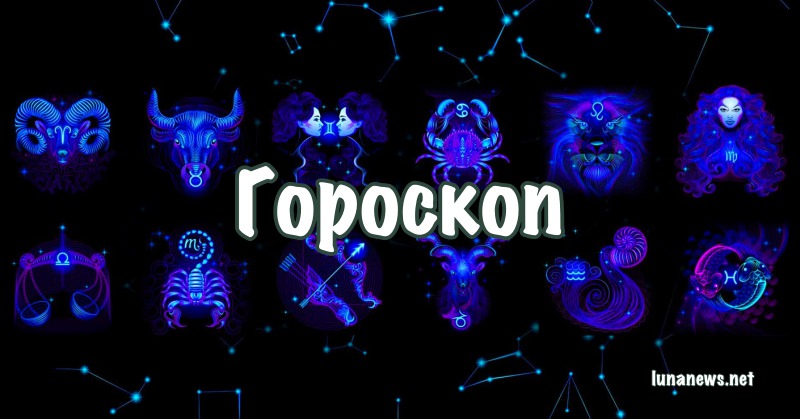The second shelf above the desk held notebooks. Not personal diaries, but project logs. One was labeled House Data.
Inside were detailed entries, motion triggers, timestamps, keywords. One note said 6.43 p.m. Lauren speaks to herself about the birds. Emotional tone.
Nostalgic? Another. 10.10 a.m. Appears to be looking at wedding photo. Possible memory reaction.
I wasn’t just watched. I was studied. It was clinical.
Detached. Not even cruel. Just indifferent.
That was somehow worse. I wasn’t a family member in these notes. I was a test subject in a behavioral study.
On the bottom shelf, I found a black leather binder labeled Security Authorization. Inside were forms, permissions for software access, equipment specs, and one printed page that chilled me. A clause about data sharing for research or media.
Purposes. Jessica had signed it. I stared at her signature, neat and even, written in blue ink.
It was the same handwriting she used for birthday cards, for grocery lists she left on the fridge. Now it was here, next to a paragraph that gave someone, maybe even more than one person, the right to observe and evaluate me. The files finished transferring.
I ejected the flash drive and tucked it deep into my bag, beneath a paperback I had been re-reading. Then I paused. There was one last drawer I hadn’t opened.
The lowest one, on the right side of the desk. I bent down and slid it open. Inside were photo prints.
Of me. Dozens of them. Captured stills from the cameras.
Me in the kitchen. Me asleep. Me watching TV.
Me brushing my hair. Some printed in color. Some labeled by hand.
Lauren, early morning. Lauren, with book. Lauren, crying.
I didn’t know what broke inside me in that moment, but something did. Not a loud break. Not a scream.
More like a crack in glass. Long and clean and silent, but irreversible. I gathered as many of the photos as I could fit in my purse.
Not all of them. Just enough to prove what I had seen. I wasn’t sure yet how I would use them, but I knew I would.
I left the rest of the office untouched. Let them wonder what I knew. Let them worry about how far I would go.
As I left the room, I caught my reflection in the glass door. I looked older than I remembered. Not because of time, but because of knowledge.
They had invited me into their home with smiles, but they had never offered me trust. They had built a cage, elegant and invisible, and expected me to live inside it without protest. But they forgot something essential.
I had lived a whole life before their cameras, and now I was ready to live another one beyond their reach. The house felt different once I knew what it truly was. The air carried a quiet heaviness, like a room just vacated by someone you hadn’t realized was standing behind you.
I could no longer walk freely from one room to another without imagining invisible eyes tracking my every step. The click of my heels on the tile, the sound of a chair scraping the floor, each noise echoed with an awareness I hadn’t felt before. It wasn’t fear, exactly.
It was clarity, cold, sharp, and merciless. I stopped pretending. For two days, I moved through the house in silence.
I unplugged devices under the guise of saving power, casually adjusted picture frames with hidden lenses, draped scarves over suspicious objects. I opened windows I had never touched before. I left the TV on for hours, playing silent black and white films just to throw off their expectations.
And when I passed the hallway mirror, I looked at myself, really looked. I wasn’t just an aging mother-in-law in a borrowed home. I was a woman regaining her agency.
I knew I had to confront them eventually, but not on their terms, not when I was emotional, not when I felt like prey. So, I planned. I printed several of the images I had found, still shots of myself taken from hidden cameras.
I included one from the kitchen, one from the bedroom, one where I was reaching into a drawer. The images were quiet, almost boring, but that was what made them so invasive. They captured the small, unguarded moments I had believed were mine alone.
I wrote a short note and placed it with the photos in an envelope. Then, I mailed it to myself. Certified.
Postmarked. It was a trick I’d learned years ago during a property dispute at the library. A quiet way to timestamp a truth.
Proof, in case this ever went beyond the family. Then, I went into the guest room and filmed myself speaking. It wasn’t dramatic.
I didn’t shout. I sat in the armchair by the window, the one Jessica always moved an inch to the left whenever I straightened it. I looked directly into the lens of the only camera I hadn’t touched, and I talked.
I talked about the feeling of being invited with kindness and treated with suspicion. I talked about the loneliness of being helpful, yet constantly watched. I talked about the absurdity of being turned into a specimen in a home where I’d been asked to feel safe.
And then I said the most important part. I was done participating. Not just in the performance, but in the contract I never agreed to.
The unspoken agreement that I would remain small, silent, and compliant in exchange for proximity to family. The video was 10 minutes long. I ended it with a simple sentence.
I have always been more than you chose to see. Then I uploaded it to a private drive and sent the link to my personal email, along with John’s, my former co-worker at the library, who now worked in family law. I hadn’t spoken to him in years, but he had always told me, if you ever need anything, anything, you call me.
It was time. With the digital and physical evidence secured, I began to reclaim the house in subtle ways. I cooked breakfast and left the scent lingering.
I played classical music in the early afternoon and let the echoes fill every corner. I pulled my knitting bag from the closet and worked in the living room without apology. I lit candles.
I walked barefoot. I took long, meandering phone calls with old friends and laughed loudly when I wanted to. It was not rebellion.
It was declaration. I wasn’t waiting for their return anymore with fear. I was waiting with resolve.
On the morning of their scheduled arrival, I made coffee and placed the printed photos neatly on the kitchen counter. I stood in the hallway and looked up at the tiny lens in the ceiling. I smiled, not warmly, not kindly, just honestly.
Then I turned and walked outside, took the garden hose, and watered the roses, slowly, with care, the way I had always done things, quietly, patiently, precisely. That night, they walked through the door, sunburned and smug from their vacation, expecting the same quiet woman they had left behind. But I wasn’t that woman anymore, and the cameras would show them everything they needed to know.
They pulled into the driveway just after sunset. I was already seated in the garden with a cup of tea, the same way I had been on the day they left. The sky was turning a deep shade of violet, and the porch light had just flickered on.
I didn’t stand to greet them. I didn’t wave. I simply sipped my tea and watched their silhouettes climb out of the car, their voices muffled through the hedges.
Jessica’s voice began to sound carefree. Adam followed her with the rolling suitcase, his head turned toward the front door. They didn’t see me at first.
I heard the keys jingle, the familiar click of the front door unlocking, the soft creak as it swung open. Then there was silence, not a natural pause, but the kind that comes when something expected has shifted, a deviation, a presence. Jessica’s voice broke the hush, lower now, uncertain.
Adam said something, probably asked what was wrong. I imagined the scene, the kitchen lights on, the photos on the counter, my handwritten note resting beside them, the cameras still in place but no longer their secret. They didn’t call my name.
I stayed outside, watching the garden darken around me. The tea had gone cold in my cup, but I held it anyway. It steadied me.
After what felt like 15 minutes, Adam stepped outside. His eyes scanned the yard until he saw me. He hesitated, then walked over slowly.
His face was blank, not angry, not confused, just empty, like he hadn’t yet decided which version of himself to be. He asked if we could talk. I nodded and gestured to the chair across from mine.
He sat stiffly, folding his hands together in his lap. There was a pause, one of those heavy silences that beg to be filled, but I waited. I wanted to hear what version of the truth he would offer.












